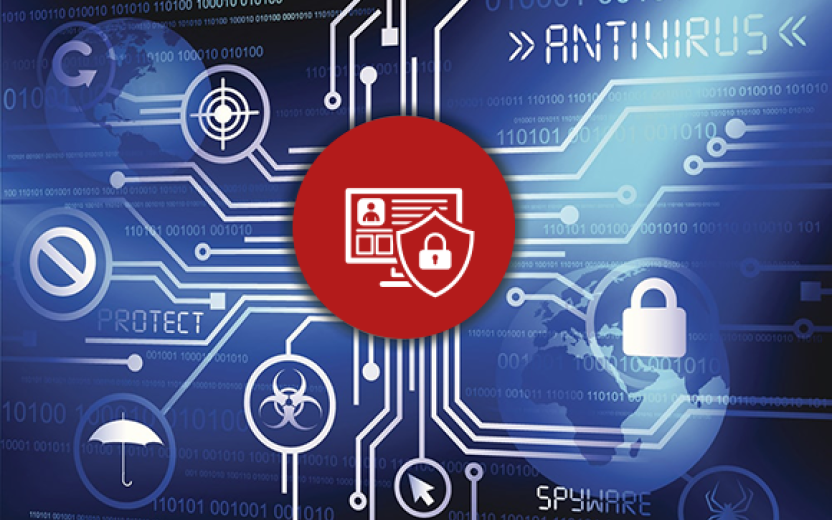Latest News

Cornell's IT Security Office works to help you keep your university identity and information safe. Because online risks don't end when your work day does, we'd like to supply some suggestions for how you can protect your personal identity and information, too.
Credit Freeze
One way online thieves commit crimes is by getting enough information about a person to open a fraudulent account in their name. You can make it harder for them to do so by setting up a credit freeze, also known as a security freeze.
A credit freeze lets you restrict access to your credit report. Most creditors need to see your credit report before they approve a new account. If they can’t see your file, they may not extend the credit. If you need to open an account, you can lift the freeze temporarily, either for a specific time or for a specific party, say, a potential landlord or employer.
For more information, and to find out how to set up a credit freeze, see the Federal Trade Commission's Consumer Information website.
You can also check your credit report for free to make sure there are no irregularities. For more information, see the Federal Trade Commission's Free Credit Reports page.
IRS Security Awareness
Tax-related identity theft occurs when someone uses a stolen Social Security number to file a tax return claiming a fraudulent refund. The victim may be unaware that this has happened until they e-file their return and discover that a return has already been filed using their Social Security number. Or the IRS may send a letter saying they've identified a suspicious return filed using their Social Security number.
For information on how to reduce your risks, stay aware, and what to do when you think something's happened, visit the IRS Taxpayer Guide to Identity Theft.
Social Security Fraud
Social Security identity theft has been identified by the Social Security Administration as one of its major challenges, and the news media are describing it as an epidemic.
Stay on top of your account by reviewing the earnings posted to your record on your Social Security statement. You can also get an online statement. If you see any inconsistencies, contact the Social Security Administration. They have joined in government-wide efforts to prevent Social Security number misuse.
For more information, see: What should I do if I think someone is using my Social Security number?
Other Identity Theft Reporting
Have concerns about a different type of identity theft? IdentityTheft.gov is the federal government’s one-stop resource for identity theft victims. The site provides streamlined checklists and sample letters to guide you through the recovery process.
You can:
- Tell them what happened.
- Get a recovery plan.
- Put your plan into action.

Comments?
To share feedback about this page or request support, log in with your NetID